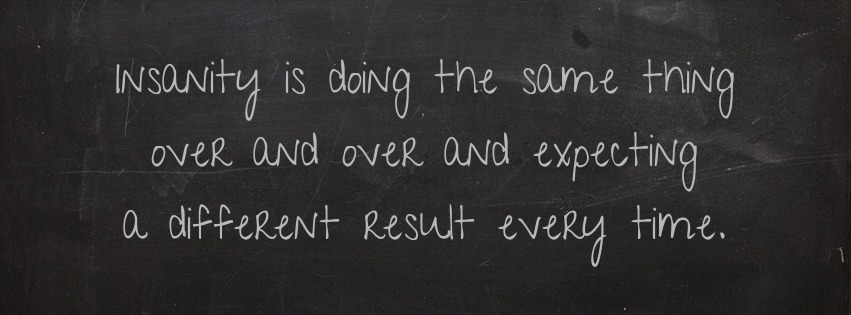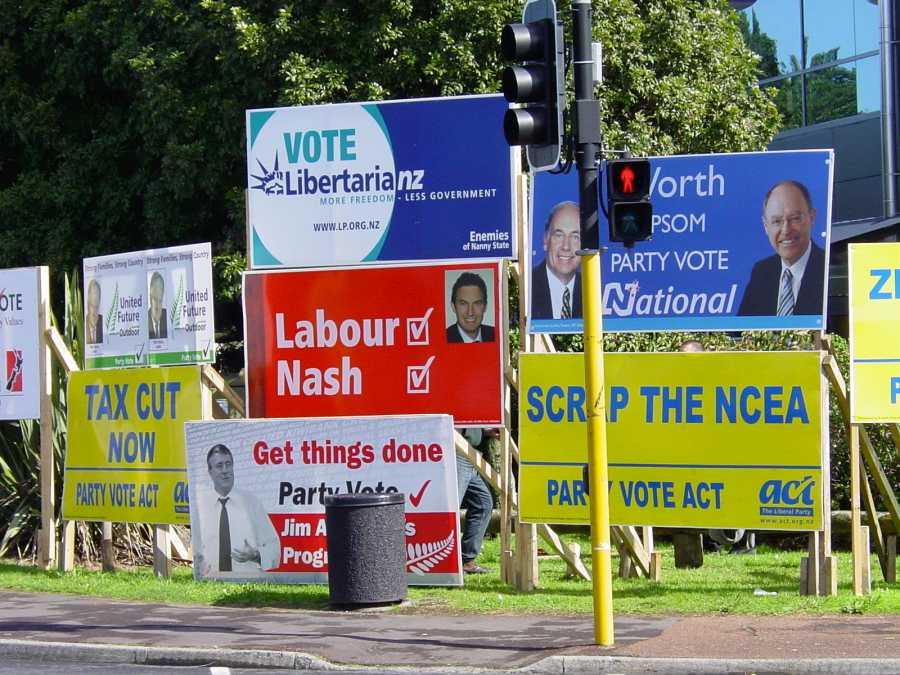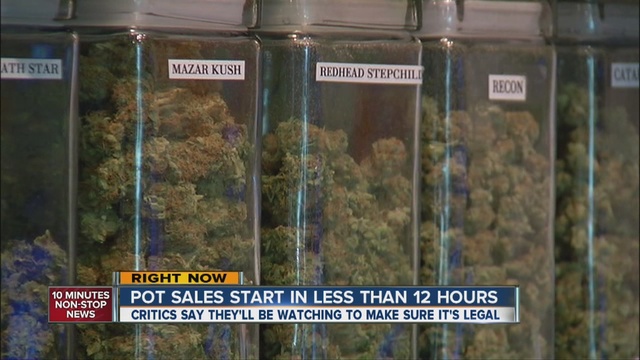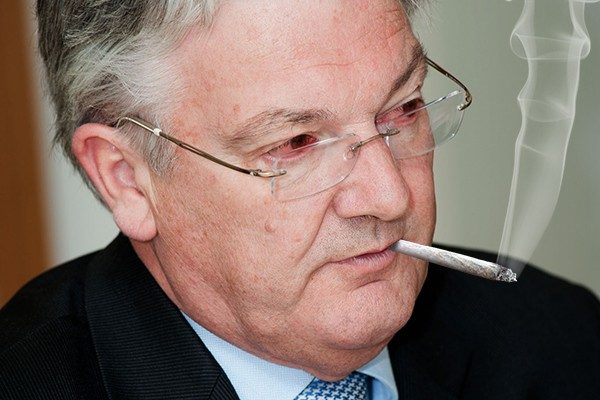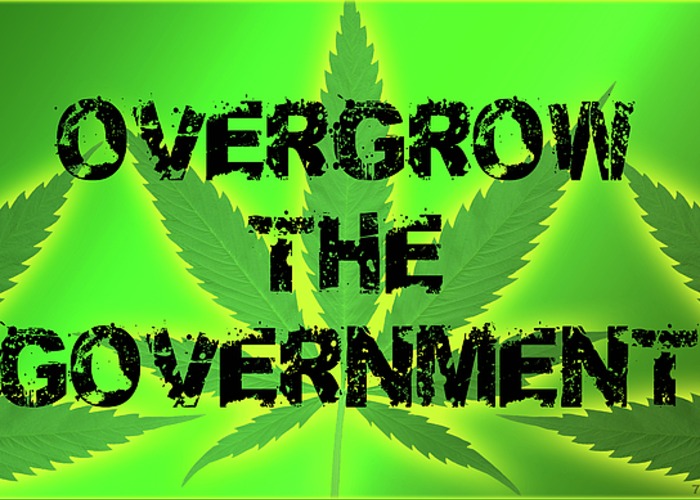Category Archives: Not A Party
NAP during the race again!
MEDIA RELEASE
Not A Party
1 February 2017
Hello New Zealand.
My name is Simon Smythe. I put the myth in blacksmith. And the sigh in the unquestioned acceptance of a centralised government. Putting myself forward as the NAP (Not A Party) candidate in the upcoming Mt. Albert by-election happened last Thursday about 4:20 pm in the convivial atmosphere of the Manners Mall Electoral Commission Office.
My motivation for hurling myself into the bi-elecectory stoplight comes from my humbly magnanimous sense of community spirit when it comes to reminding people of their democratic right to not vote if they don’t want to.
We hear whisperings on the winds that enough is enough. Which is true in itself because enough is neither too little nor too much. But let’s not go crazy and fool ourselves into thinking that voting will have any effect on this phenomenon of enough being enough. The sentiment leads to other sentiments like… “somebody should do something!” and… “who let this happen?”
When we vote we let this happen.
The platform I’m campaigning on is all about representing the accused and maligned among us who are so often dismissed, called apathetic, and snidely looked down upon because we actively decline that most generous of invitations to vote.
As a dedicated and responsible non-voter I stand, with the rest of the NAP squad, at the vanguard of a serious and compassionate movement to illuminate and eliminate the irrational attacks of sanctimonious guilt and shame so often aimed at today’s forward thinking non-voter. The youth of today are just slackers. Somebody should make them do something.
Seriously though. The truth is, if you do vote you have no business complaining after the fact when your team lost. That’s just bad sportsmanship.
So basically our message is this: DON’T VOTE 2017. Voting is NOT A victimless crime. And have an A1 day.
Your representative and incoming Not A MP for Mt. Albert: Simon Colin Smythe.
ENDS
Not A Party (NAP) announces Mt. Roskill candidate
MEDIA RELEASE
Not A Party
7 November 2016
NAP announces Mt. Roskill candidate
Not A Party (NAP) announced today that it is entering the Mt Roskill by-election race.
Richard Goode will represent the party, in its first foray into electoral politics.
Goode said he was “chuffed” to be chosen to stand for Not A Party (NAP) in the seat made vacant by Phil Goff.
“Let’s keep the seat vacant,” says Goode. “Let’s make Mt. Roskill a politician-free zone, with the rest of New Zealand’s electoral map to follow suit at next year’s general election.”
Not A Party (NAP) is the forerunner of a new breed of post-democratic political party. The party advocates a peaceful transition to a free, peaceful and prosperous society based on voluntary cooperation. “Don’t look to politicians for answers, they don’t have any.”
“Individuals and local communities know best what’s best for themselves.” Not A Party (NAP) believes in the efficacy of the man in the street. It is at a grassroots level that people understand what they need to achieve peace and prosperity.
Goode strongly supports people’s right to self-determination. So much so, in fact, that the candidate says he hopes to get no votes. “If you simply must vote, vote NAP. But why not stay home on election day and NAP instead?” He goes on to point out the benefits, “You’ll feel better for it, and be more productive.”
“DIY. Be the change you want to see. Don’t pander to the corporate oligarchs in the Beehive.” This is Goode’s challenge to the electors of Mt. Roskill.
The by-election, which was triggered when Phil Goff switched troughs, will be held on Saturday 3 December.
ENDS
I tried voting but it didn’t work
My pet issue has always been cannabis law reform. I’ve always voted for cannabis law reform.
In 1996 I voted in the first New Zealand general election held under the MMP voting system. Naturally, I gave my party vote to the Aotearoa Legalise Cannabis Party, who gained 1.66% of the party vote. Their result was simultaneously disappointing and encouraging. Disappointing, because it fell well short of the 5% threshold required to gain seats in Parliament under MMP. Encouraging because it was a solid base of support on which to build.
So in 1999 I voted for the ALCP again. But this time their share of the party vote fell by about half a percentage point to 1.10%. Instead of voting harder, people were realising that a vote for the ALCP is a wasted vote under MMP. But in a sudden plot twist, former ALCP candidate Nándor Tánczos entered Parliament as a Green Party MP and started making noises about cannabis law reform.
Clearly, I hadn’t been paying attention. Here was a party with a serious cannabis law reform policy that was actually in Parliament. So in 2002 I voted Green. Nándor was returned to Parliament and the Greens gained two more seats. Meanwhile, the ALCP’s share of the party vote fell again to 0.64%.
Then I discovered what seemed to be my natural political home, the Libertarianz Party. I became their Spokesman on Health and stood for Parliament for the first time on the Libertarianz Party list in 2005. We gained a solid 0.04% of the party vote. Meanwhile, the ALCP’s share of the party vote fell to a record low of 0.25% and Nándor lost his seat. The Greens had lost interest in cannabis law reform and the dreadlocked skateboarder was now being seen by some as increasingly out of favour. He’d been moved down to 7th place on the Green Party list and the Greens were now down to 6 seats. But Green Co-Leader Rod Donald died tragically in late 2005 which meant that Nándor got to re-enter Parliament for one final term, during which he achieved the cannabis law reform movement’s one and only small success, new licensing rules for industrial hemp.
After the 2005 election I came out fully as a drug user and became the Libertarianz Party’s Spokesman on Drugs. In 2008 I stood again on the Libertarianz Party list and also as the Libertarianz Party candidate for the Mana electorate. I got 64 votes. The Libz gained 1% of a percentage point, skyrocketing to 0.05% of the party vote. Meanwhile, the ALCP rebounded from their record 2002 low and got a 0.41% share of the party vote. Nándor quit Parliament and went away to cleanse his soul. After the 2008 election I jumped waka and joined the ALCP.
In 2011 I stood for Parliament again, this time on the ALCP list and as the ALCP candidate for the Mana electorate. Of course, by this time I fully realised that my chances of ever getting into Parliament on a cannabis law reform ticket were close to zero. I now regarded what I was doing as an exercise in educating the public and getting the cannabis law reform message out there, and my electoral results as a barometer of my success in that regard. I was simply taking a stand and speaking out against the injustice of the War on Drugs. I’d figured that I’d get more bang for my buck, as it were, campaigning under the ALCP banner instead of the Libz banner, and I was right. I got 334 votes as an ALCP candidate, up from 64 votes as a Libz candidate, and the ALCP’s share of the party vote went up 0.05% to 0.51%, its best result since 1999. The Libz once again barely registered with a mere 0.05% of the party vote, and soon after called it quits and disappeared from the New Zealand political scene.
Significant and sensible cannabis law reform started to happen elsewhere in the world. On 1 January 2014 cannabis law reform activist and Iraq war veteran Sean Azzariti became the first person to legally purchase cannabis for recreational use in Colorado. I was sure in my own mind that this could only bode well for the ALCP’s electoral prospects here in New Zealand. In 2014 I stood for Parliament again, again on the ALCP list and as the ALCP candidate for the Mana electorate. I got my best result yet with 403 votes as the ALCP candidate, but the ALCP’s share of the party vote dropped back down to 0.46%, much to my surprise and chagrin. And, also much to my surprise and chagrin, John Key’s National Party was returned for a third term. Worst of all, National’s lapdog Peter Dunne was returned as Associate Minister of Health, thereby ensuring that there would be no cannabis law reform for a further three years.
I’ve become very cynical. To me it doesn’t seem like a very big ask to be allowed to grow and use a harmless medicinal herb. I’ve been advocating for safe, sane and sensible drug law reform for three decades and seen nothing happen except some farmers who were prepared to jump through bureaucratic hoops being allowed to grow industrial hemp.
I’ve participated in our democracy, at some considerable financial and emotional cost to myself. And achieved precisely nothing in terms of legislative gains. Meanwhile, arch-prohibitionist Peter Dunne, in league with Satan, pushed through the Psychoactive Substances Act. Instead of drug law reform, New Zealand got landed with peak prohibition. What a total fustercluck.
I’ve always voted for cannabis law reform but I’ve never gotten what I voted for. Insanity is voting for the same thing over and over and expecting a different result every time. But I’m not crazy, just a bit of a slow learner. I tried voting but it didn’t work. So now I don’t vote. I’m plotting to overgrow the government instead.
I am an anarchist
What’s the difference between a minarchist and an anarchist? About 6 months.
That’s the joke. Well, I suppose it’s funny. Because it took me 12 years to make the transition (and we’re still waiting on my co-blogger Tim).
But, all joking aside, what’s the difference between a minarchist and an anarchist?
(You may or may not like the following definitions. But they’re the ones I’m using. 🙂 )
An anarchist is a person who believes in, advocates, or promotes anarchism. Anarchism is
a political theory holding all forms of governmental authority to be unnecessary and undesirable and advocating a society based on voluntary cooperation and free association of individuals and groups
A minarchist is a person who believes in, advocates, or promotes minarchism. Minarchism (also known as minimal statism) is
a political philosophy and a form of libertarianism. … it holds that states ought to exist (as opposed to anarchy); that their only legitimate function is the protection of individuals from aggression, theft, breach of contract, and fraud; and that the only legitimate governmental institutions are the military, police, and courts.
Minarchist and anarchist are both species of libertarian. They’re both for freedom. But a minarchist is a minimal statist, whereas an anarchist is against the state entirely. That’s the nub of their disagreement.
So why am I an anarchist? Because I’m a libertarian! Quod erat demonstrandum.
Here’s the argument in a nutshell. A libertarian is for freedom and thereby against all forms of compulsion or coercion. The state is that organization that acquires its revenue by physical coercion and achieves a compulsory monopoly of force and of ultimate decision-making power over a given territorial area. Therefore a libertarian is against the state as a matter of principle.
The argument above is valid, but of course its conclusion is only as good as its premises and these are open to question. Is a libertarian necessarily against all forms of compulsion or coercion? I’ve argued elsewhere that libertarians are huge fans of initiating force. All freedoms are good but some freedoms are better than others. Is freedom from minimal state (minarchist) coercion a genuine freedom of the right kind? I say so, but a minarchist might beg to differ.
And what about Murray Rothbard’s definition of the state? Is it correct? Does it rule in organisations that are not states, or rule out those that are? For example, suppose that a hypothetical minarchy one day decided to abolish compulsory taxation and fund its minimal state activities by voluntary donations only. Would it still be a state, or would it now be an autonomous collective of some sort, such as an anarcho-syndicalist commune? The latter, according to Rothbard, since it is in the nature of a state that it acquire its revenue by physical coercion.
I reserve the right to secede from New Zealand, either alone or in free association with like-minded others. (I already declared that I am a governing authority.) In my next post I explain why I am an anarcho-statist.
For now I leave you with a couple of Stephan Kinsella classics, viz., his account of what libertarianism is and his explanation of what it means to be an anarchist.
because the state necessarily commits aggression, the consistent libertarian, in opposing aggression, is also an anarchist.
I ask any diehard minarchists who are still minarchists after having read both of Kinsella’s essays to read them both again before commenting.
Good reasons why I’m not voting to keep the flag
My late father was a good keen outdoorsman. He loved sailing and hiking but back in the early ’70s we lived in the Midlands in the heart of England, a long way from bodies of water bigger than puddles and mountain peaks worth climbing.
Also my father worked in the British motor industry and in the early ’70s he could see that the industry was starting to tank. So he and my mother decided that the family would emigrate to somewhere with bigger wilderness and better job prospects. IIRC, the options were the U.S, Canada, Australia, or New Zealand. Fortunately, my mother vetoed the U.S., otherwise we might have ended up in Detroit. We emigrated to New Zealand in 1975 and settled in Wellington.
I’m glad that we did. I still have a bond with the mother country but I’m a Kiwi now. I spent my childhood in England but grew up in Godzone. When I became an adult I also became a NZ citizen. So to cut a long story short, what I’m getting around to saying is that because of my background I’m personally rather fond of the current NZ flag. It consists of the Union Jack which represents the land of my birth and the Southern Cross which represents my adopted homeland. But I’m not voting to keep it. Why not?
Now don’t get me wrong. I’m not voting to change to the John Key tea towel design either. I’m not voting in the second flag referendum and I didn’t vote in the first. Why not?
Firstly, because my vote won’t make a difference. The current flag is winning in all the recent opinion polls by a clear margin. Twice as many people are against change as are for it. I’m calling the result of the second flag referendum now. No change.
Secondly, because no one can change my flag. I don’t have a flag! I don’t want a flag, but if did I could have any flag I wanted and stick it on a pole and fly it. Many Kiwis already fly the unofficial New Zealand flag, the silver fern. Good on them. Go the All Blacks! No worries.
Thirdly, because the entire debate is pure political distraction and engaging in it is exactly what Key wants. As Martyn Bradbury concludes
We have 99 problems in NZ – a fucking flag isn’t one of them.
Voting only encourages these arseholes.
Fourthly, because the entire flag referendum process is a needless waste of money which would be better spent elsewhere and I refuse to sanction it by voting. Flag this irrelevant debate and spend $26m on hungry kids. Is what the government would have better done instead.
Fifthly, because a state-initiated binding referendum is a slap in the face to the hundreds of thousands of Kiwis who’ve signed petitions to get non-binding citizens-initiated referendums on things that actually matter, such as reducing the number of MPs in Parliament, not reducing the number of firefighters in the New Zealand fire service, not being criminalised for smacking their children, and so on. All to no avail.
Sixthly, because I’m the founder and co-leader of Not A Party and it is incumbent on me to set a good example. 🙂
Seventhly, because how the gang that runs New Zealand chooses to brand the monopoly on violence it claims and maintains over the country’s territorial area is none of my business.
Eighthly, because when all is said and done it’s just a coloured rectangular piece of cloth and so not worth fighting over.
https://www.youtube.com/watch?v=kHkojuUSDO8



